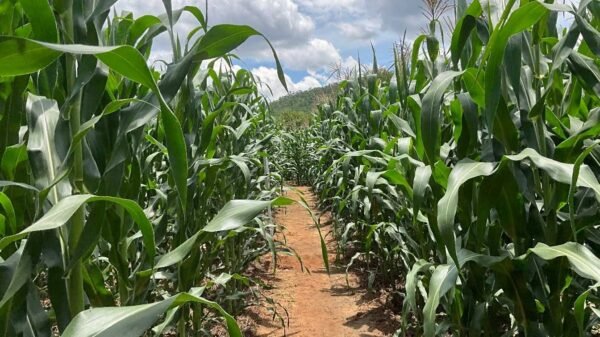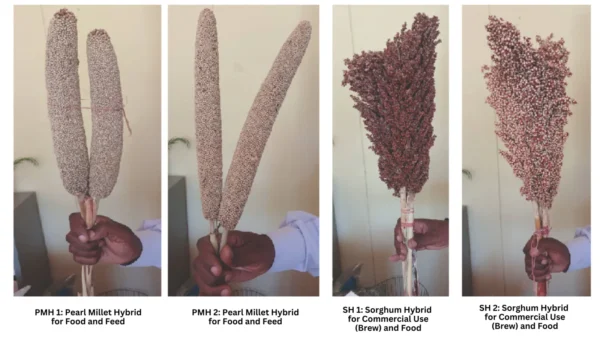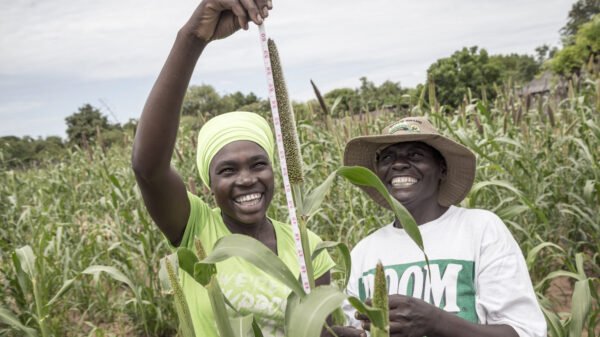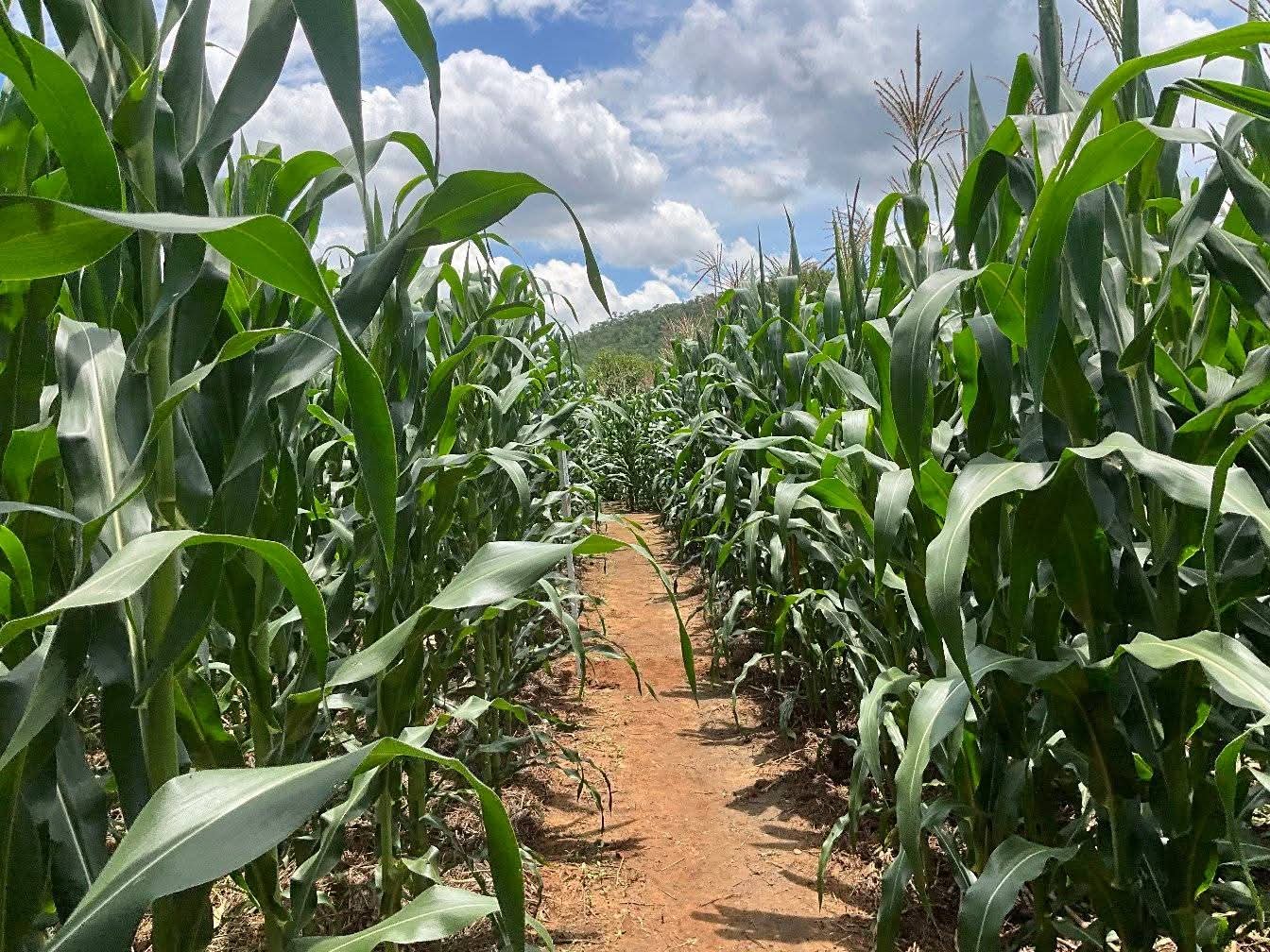ON 19 July 2025, Zimbabwe’s ministry of Lands, Agriculture, Fisheries, Water and Rural Development announced a significant policy shift: agricultural technical extension officers will now be rebranded as agricultural business advisory officers.
This change signals a strategic pivot towards agribusiness, entrepreneurship and sustainable rural development.
Agricultural experts say today’s officer must be hands-on, business-oriented, tech-savvy and people-centred in orientation. Extension officers, who play a crucial role as the veritable foot soldiers of agrarian praxis, constitute a critical link that bridges the gap between proven scientific knowledge and viable agricultural practice on the ground. Zimbabwe’s economic landscape has small, medium and large-scale farmers. Farming is now a business. The respective needs of farmers, at the level of support, are diverse. The support services rendered by agricultural business advisory officers will have to go further; they should assist farmers in grappling with challenges associated with the climate crisis, for instance.
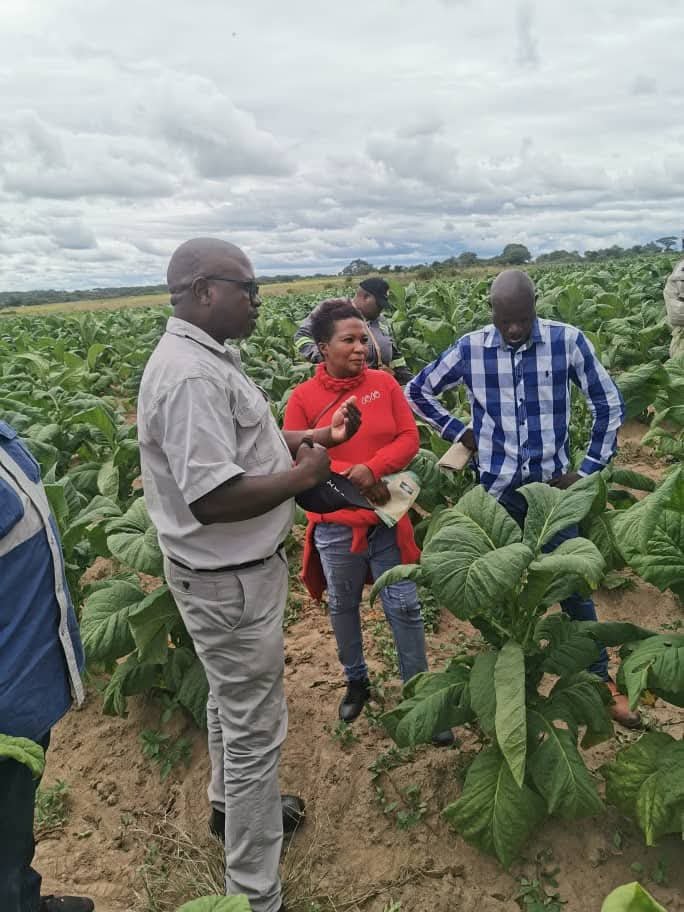
Extension officers play a crucial role in bridging the gap between agricultural scientific research and practice on the ground.
While the renaming may seem symbolic, it reflects a deeper intent to reposition Zimbabwe’s agricultural sector as a driver of economic growth and modernisation. In this article, Food For Thought analyses the implications of this rebranding, its potential to transform the sector and the challenges that lie ahead.
Context of agricultural extension
Agricultural extension services in Zimbabwe, primarily delivered through the Department of Agricultural, Technical and Extension Services (Agritex), have been a cornerstone of rural development since their introduction in 1927 by Emory D. Alvord. Historically, Agritex has provided technical support to farmers, focusing on crop production, soil management and pest control. However, the system has faced persistent challenges, including a significant loss of experienced staff post-independence in the 1980s, limited adoption of modern technologies (with less than 40% of smallholder farmers using recommended practices), and a perception among large-scale commercial farmers that Agritex lacks the expertise to meet their needs.
The traditional role of extension officers has centred on technical backstopping—educating farmers on agronomic practices and facilitating technology transfer. Despite efforts to modernise, such as the adoption of e-extension services in neighbouring Zambia, Zimbabwe’s extension system has struggled with outdated technologies and a high officer-to-farmer ratio, estimated at 1:1 500, far exceeding the Food and Agriculture Organisation’s recommended 1:500. These limitations have hindered the sector’s ability to drive productivity and adapt to modern challenges like climate change and market volatility.
The shift to agricultural business advisory officers
The rebranding of ATEOs to ABAOs is more than a cosmetic change; it reflects a deliberate move to align extension services with Zimbabwe’s broader economic goals, as outlined in the country’s Vision 2030 agenda. The new title emphasizes agribusiness and advisory roles, suggesting a shift from purely technical support to a more holistic approach that integrates entrepreneurship, market access, and financial literacy.
According to a 2022 statement by Dr John Basera (pictured below), the then permanent secretary for agriculture, extension officers are now seen as “anchor agents of agricultural transformation and rural development,” tasked with providing agribusiness advisory services alongside technical support.
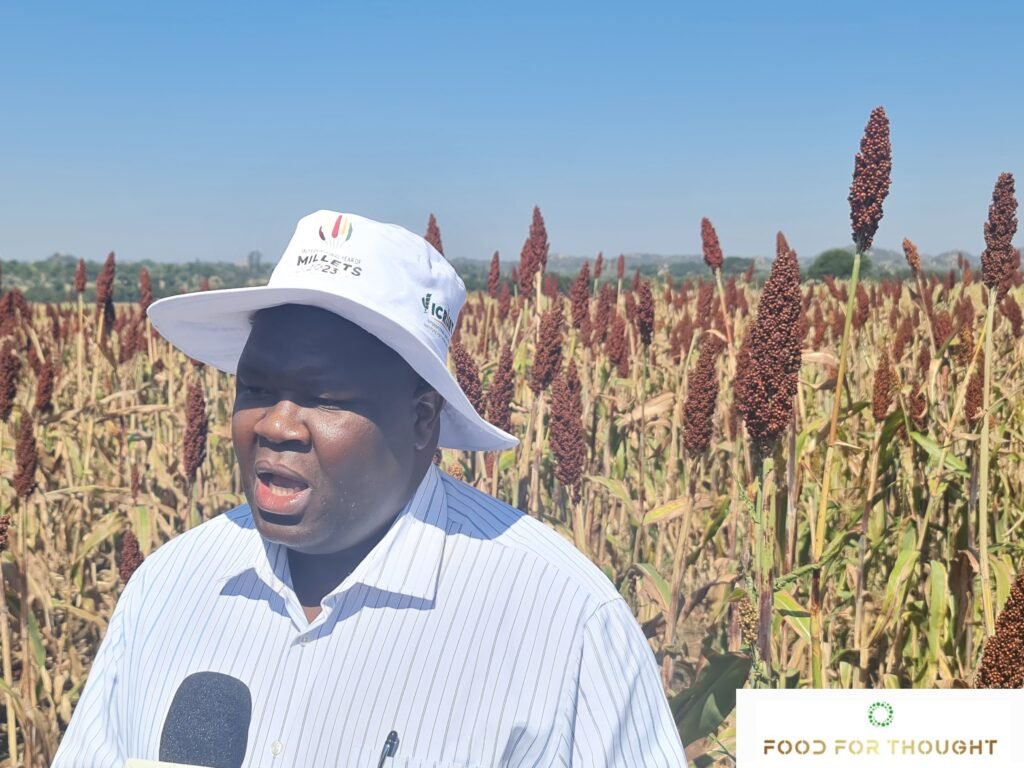
This shift aligns with global trends in agricultural extension, where officers are increasingly expected to facilitate market linkages, promote value addition, and support farmers in navigating commercial opportunities. By redefining their role, the Zimbabwean government aims to empower farmers to view agriculture as a business rather than a subsistence activity. This is particularly critical in a country where agriculture contributes significantly to gross domestic product and employs over 60% of the population, primarily smallholder farmers.
Potential benefits
• Promoting Agribusiness and Entrepreneurship: The new title of agricultural business advisory offcer underscores a focus on business-oriented skills, such as financial planning, market analysis and value chain development. This could help smallholder farmers transition from subsistence to commercial farming, increasing incomes and reducing poverty. For instance, the newly designated officers could guide farmers on accessing credit, negotiating contracts with agribusiness firms, or adopting value-added processes like food processing.
• Enhanced market linkages: By acting as business advisors, the agricultural business advisory officers can bridge the gap between farmers and private sector players, such as agro-based companies, which have historically provided more support to large-scale farmers. This aligns with Agritex’s existing collaborations with private firms and non-governmental organisations, where officers mobilise farmers to access commercial services.
• Sustainable rural development: On paper, the rebranding supports Zimbabwe’s National Development Strategy, which emphasizes sustainable agriculture and rural empowerment. Agricultural business advisory offcers could play a pivotal role in promoting climate-smart practices, such as drip irrigation or organic farming, while fostering community-based enterprises like co-operatives.
• Improved resource support: The government has already taken steps to equip extension officers with motorcycles, fuel, tablets, and data bundles to enhance mobility and communication. These resources, combined with regular training and refresher courses, could enable the agricultural business advisory officers to deliver more effective advisory services.
Challenges and risks
Despite its promise, the transition from agricultural technical extension officers to agricultural business advisory officers faces significant hurdles, including:
• Capacity gaps: The shift requires officers to acquire enhanced skills in business advisory services, such as financial management and market analysis. However, Agritex has historically struggled with technical expertise, particularly in emerging areas like precision agriculture or niche enterprises (e.g., ostrich farming). Without robust training programmes, the rebranding risks being superficial.
• Resource constraints: Limited funding remains a critical issue. While motorcycles and tablets are a step forward, the high officer-to-farmer ratio and inadequate budgetary support could undermine the ability of officers to reach remote areas or provide personalised advice.
• Farmer perceptions: Large-scale commercial farmers already view Agritex as less competent, relying instead on private sector services. Convincing both large-scale and smallholder farmers to embrace agricultural business advisory officers as credible business advisors will require tangible improvements in service delivery.
• Technology adoption: The low adoption rate of supportive technologies (e.g., fertilisers and pesticides) among smallholder farmers—below 40%—suggests a disconnect between extension services and farmer needs. Newly designated officers will need to address barriers like cost, access and relevance of technologies, particularly in low-rainfall zones.
• Systemic integration: The rebranding must be accompanied by stronger institutional linkages between Agritex, NGOs, and private companies. Current collaborations are often informal and personalised, limiting scalability. A more integrated approach, as seen in Zambia’s public-private partnerships, could enhance impact.
•
Regional context and lessons
Zimbabwe’s move mirrors regional efforts to modernise extension services. In Zambia, for instance, the government is rolling out e-extension services to address the 1:2 000 officer-to-farmer ratio, aiming to reach three million farmers with digital platforms. This initiative, supported by the World Food Programme and the Alliance of Bioversity, emphasizes digital tools to disseminate agronomic and market information. Zimbabwe could learn from this model by investing in digital infrastructure to complement the new officer-designation framework, especially given the success of mobile technology in overcoming physical barriers.
However, Zambia’s experience also highlights the risk of over-relying on digital solutions without addressing human resource constraints. Zimbabwe must ensure that agricultural business advisory officers are adequately trained and resourced to deliver both digital and in-person advisory services effectively.
Performance is key
The rebranding of agricultural technical extension officers to agricultural business advisory officers marks a bold step towards transforming Zimbabwe’s agricultural sector into a hub of agribusiness and innovation. By emphasizing entrepreneurship and market linkages, the government aims to empower farmers, enhance productivity and drive sustainable rural development. However, the success of this initiative hinges on addressing capacity gaps, improving resource allocation and fostering stronger partnerships with the private sector, NGOs and grassroots organisations.
As Zimbabwe navigates this transition, the government must prioritise comprehensive training for officers, invest in digital extension platforms and engage farmers to rebuild trust in Agritex’s services. If executed effectively, this rebranding could redefine the role of extension officers, positioning them as catalysts for a modern, market-driven agricultural economy. For now, the announcement is a promising signal of intent, but its impact will depend on the government’s ability to translate vision into action.–Food For Thought.



